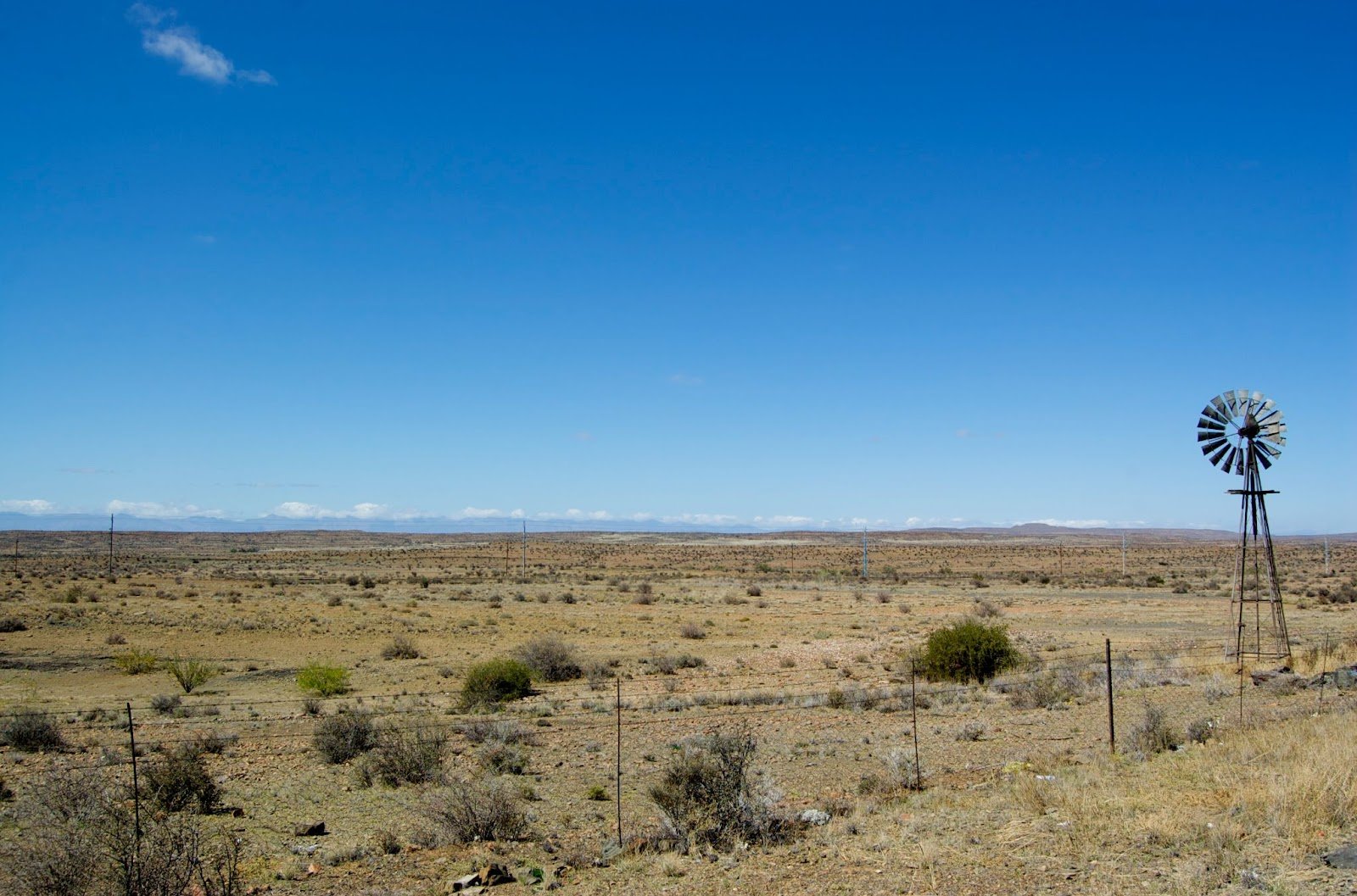Manifesto
I grew up in a town known as the 'birthplace of Texas ranching'. The first day of hunting season was an unofficial excused absence from school. There's a particular bull-headed stubborn sensibility in Texans that I haven't really come to appreciate until very recently. After all, in the worst case, that kind of thinking can keep you glued to crooked politicians. In the best case, you develop a particular radar and a pointed impatience for folks who are all hat no cattle.
My dad wasn't a rancher like many other dads I knew. We lived in town- his parents ran the town’s grocery store. He studied accounting- he was a button-up shirt office kind of guy. He also, Texan that he is, got annoyed that the one roofer in town wanted to charge a laughably exorbitant amount of money to nail shingles down when we needed it. So he put a literal roof over my head when I was 10. Watching someone who studied accounting in college and is, for all intents and purposes, not a roofer, decide to just do the damn thing makes a lifelong imprint on a person. I will never forget the ice in that Gatorade that didn't stand a chance as we passed it up to him on the ladder, and I will never forget that smell of tar as I carried the piles of old shingles away that he threw down from the roof, the way they felt as I stacked the pieces, taking care not to grab hold of the nails. Hours, days of quiet reflection- no chit-chat. In my mind. Just do the damn thing.
Did you know? Early roof shingles were made out of oyster shells. I’m meandering, I know. Bear with me here.
The more I learn about diaper need, the more discontent I become. P&G, Kimberly Clark, hungry to peddle their next greenwashed innovation, covering their test paper with the crooks of their elbows, furiously protective of their answer sheet bubbles lined top to bottom with weak solutions and uninspired creativity. Jessica Alba’s diaper company’s stock shares down 90%. Kristen Bell's diaper company filing for bankruptcy. I can smell the fresh tubes of lipstick in the clutches of gala guests who show up all around the country to raise money to purchase diapers that were made, at one point in their life, to line someone’s pockets- something that should be as easy to access as clean water or sunshine. Lipstick for the lips of those perfectly content to keep the philanthropic wheels turning just as they are, sound bytes about 'change’ and ‘justice.’
My hometown was full of proud, bigheaded talkers. At its worst, that kind of posturing results in nothing more than a lot of hot air. Maybe that’s what you’re thinking as you read this. At its best, a heap of foolish pride can push you past the precipice of the status quo and dump you straight into the irrational wild of unknowns. With the chupacabras and such. That’s where I find myself. To hell with it all. We're gonna turn this whole damn thing on its head. Hear me out.
Diaper machines and the whole manufacturing gig are built to turn a profit. You've gotta make a massive pile of diapers in order to turn a profit because the margins on each one are paper thin. The almighty dollar has everyone beholden to this ridiculous system that wasn't even built intentionally- it was cobbled together in spite of itself through a series of haphazard decisionry based on profits, not people.
We'll build something different. Let's get our hands on a machine- we'll write a grant. The smallest machine I’ve heard of is a beast. It can make half a million diapers in 2 days. Or maybe someone in city or state leadership will read this and put the cost of the machine in one column; in the other column, the human calculus of all the lost wages of missed work and unemployment that their constituents face when unable to send their children to daycare with an adequate diaper supply. And the bail needed to get out of jail for stealing diapers because diapers are easier to steal than medicine and insurance, and sometimes you simply just need them all. And the economic and psychological toll of caregiver mental health for caring for a baby without an adequate supply of diapers. And the uninsured hospital visits for diaper rash and costs of uninsured prescription medication to heal the wounds.
Maybe they’ll tally it all up and realize what a slam dunk of an investment it is.
Let’s make diapers, not money.
No, let’s not. I don’t want to make diapers or recreate any part of the diaper flywheel in its current form. I want to make ‘priades’. Which is what you get when you throw the whole ‘diaper’ thing up in the air and it falls to the ground, scrambles into pieces, and you glue it back together again- scrambled order, better concept.
Is my penchant for independence showing yet?
Ingredients. Diaper companies don't even have to disclose what they put in your diapers. Let's make them right- with people, not profits, at the wheel. With ingredients that come from the place that we never even think to look- the place right down the road that covers 70% of our planet that we barely know anything about- with ingredients that don't require fresh water or chemicals that wash into our waterways to grow- with ingredients that clean our waterways and sequester carbon more efficiently than trees as they grow. Let’s look to the place we can get to when the next pandemic hits because we all remember what happened to the global supply chain last time. Kelp can be made into a nonwoven material. Oyster shells, with some chemistry, break down into a substance called chitosan that can be used to make something as - or more - absorbent than what's being used in traditional diapers today. Let's capitalize on the nonprofit system and get the growers out on Long Island to donate as much as they can stand to grow for the largest tax write-off they can possibly imagine for themselves.
I've already found folks right here in NYC who want to help develop the materials.
Design. Why should we even try to re-create a diaper? Buck the system. Reduce material use: let’s just invent a new damn word. Risposable. (‘Reposable’ was taken- a word to describe something that’s reusable but not for many uses.) Reusable shell, disposable lining. (Ask me why we aren’t pushing reusables.) The concept can flexibly be extended to manufacture period products and products for our older neighbors and neighbors with disabilities. No frills, smells, trendy patterns. No color-changing sensors. Just do the thing.
Think about it. How many times has a diaper been designed with people, not profits, in mind? What would it look like if it were? Do we really trust that diapers have been made all this time with the goal in mind of families having to buy as few as possible? Is there a reason that razor companies design their blades so that they don’t fit into the handle unless you buy the whole thing all over again? Are they just bad at their jobs, or do they design these things the way they do for a reason?
Then, we buck the model. A cooperative, not commercial, model of production and distribution. Centralized warehouse space where our community can come together to give what they can and take what they need. Maybe we sell 40% of the diapers we make- locally, alongside other choices in grocery stores- or nationwide. The returns are used to purchase the raw material needed to create 30% of the diapers made to distribute to our most vulnerable populations. The communities in the far reaches of our city shamefully underserved by us all. The remaining 30% of what we manufacture goes into the core cooperative model: nonprofits or groups of families volunteer their time and effort to run the show, paying for the cost of the raw materials only. For those who want to participate but can’t buy the raw materials, small volunteer groups who don’t need diapers but want to contribute can sponsor them, donating efficient dollars + time toward marketing, packaging, distributing the product.
What do you get? An affordable, healthy diaper grown and manufactured by local New Yorkers, Girl Scout Troops, volunteer networks, nonprofit organizations- assembled, packaged, signed, sealed, delivered by NYC's crushingly massive network of desire to help one another. A mashup that takes pages from the best benefits that nonprofits (donations, tax writeoffs, grants) and the commercial industry (selling a portion of what we make to fund the rest) can offer.
The only thing crazier than my idea is the current system we have in place.




